Maryland's Primary Care Program: incremental progress or breakthrough?
The Health Policy Exchange
SEPTEMBER 2, 2020
Health Policy Fellowship three years ago, though I still enjoy working alongside these talented family physicians in clinic, such as Dr. Brian Antono, who recently blogged about his fellowship experiences for Harvard Medical School's Center for Primary Care. CareFirst Blue Cross Blue Shield joined the program in 2020.)

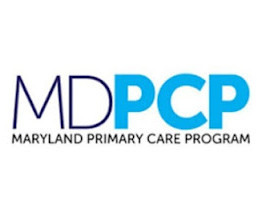
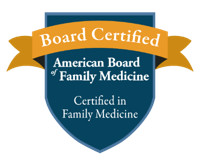
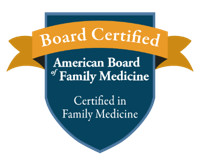
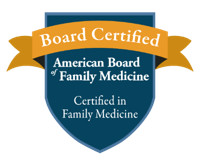
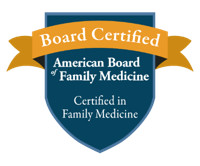






Let's personalize your content